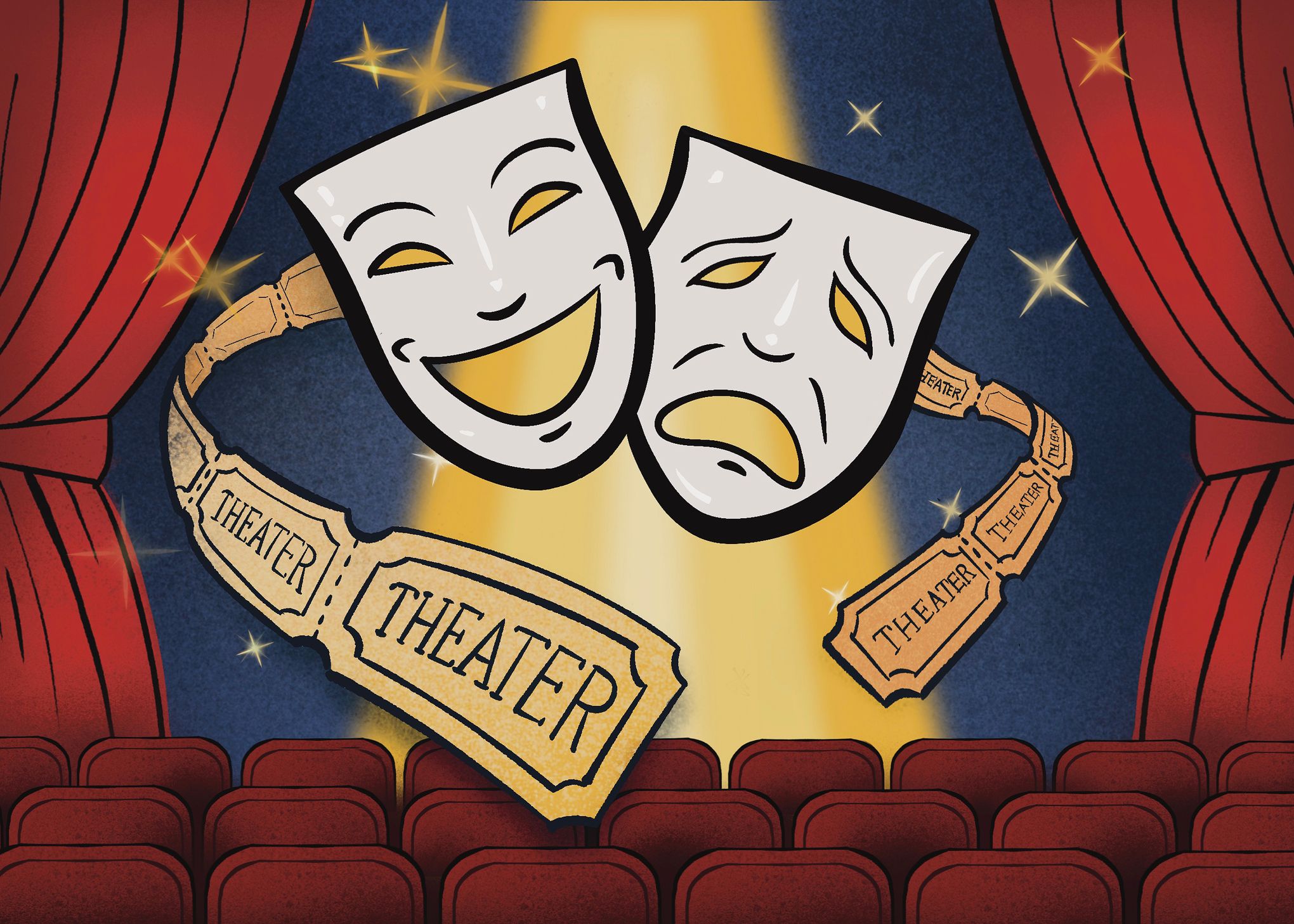Community, Leadership, Experimentation, Diversity, & Education
Pittsburgh Arts, Regional Theatre, New Work, Producing, Copyright, Labor Unions,
New Products, Coping Skills, J-O-Bs...
Theatre industry news, University & School of Drama Announcements, plus occasional course support for
Carnegie Mellon School of Drama Faculty, Staff, Students, and Alumni.
CMU School of Drama
Wednesday, March 27, 2024
Seattle’s theaters lean on an age-old funding model to bring new audiences
The Seattle Times: Companionable energy crackles though theater lobbies before many a preview performance and opening night, as the company’s artistic and managing directors meet and greet, shaking hands and catching up with the familiar faces they see at every show. Those faces light up as audience members recognize one another, fellow usual suspects, and their friendly chatter follows you into the theater before the lights go down: How are the kids, how was your trip, did you see the last Broadway show at the Paramount, what did you think of the Rep’s recent season announcement? These are subscribers, passionate fans whose dedication helps keep Seattle’s theaters afloat.
Subscribe to:
Post Comments (Atom)

2 comments:
Subscriptions to a theatre company's season are like solid gold. In the age where Netflix DisneyPlus and other streaming services rely so heavily on subscriptions that cable is a thing of the past, it’s not unheard of that theatres can do the same thing. I have never gotten a subscription to a theatre company, but I can see how beneficial it would be. It’s surprising that theatres like the 5th Avenue Theatre averaged 20,000 subscribers per season before the pandemic. It’s crazy how now the 5th Avenue Theatre averages around 7,000 subscribers. It’s clear that the pandemic still affects how people come to see theater and how specifically subscriptions may continue to help the theatre community draw audiences to their theatres. It’s clear from this article that the myth of subscriptions dying is less than true. Even though their numbers have decreased since the pandemic, there are still people who are interested in supporting local theatre companies in this way. I have a theory that in the next year or so subscriptions might become more popular if more theatre companies allow their patrons to have subscriptions to their seasons.
I hope the subscription model doesn’t die and continues to work and grow as it does the the Seattle theatres narrowed in on in the article. I think subscription to seasons has many benefits outside of course if funding the theatre. I think it brings communities together and creates a club of sorts for theatre goers to know their love for the arts is shared by so many. I think theatre subscriptions are alluring because it demands you set aside a time when a new show rolls in to go out and have fun. I think we sometimes are so busy we blow things off that interest us because at the last minute we back out due to exhaustion or hesitation. With a subscription you feel more inclined to go see the shows because you’ve payed for that access. I also think subscriptions helps theatre keep a retention of audience members steady through the season.
Post a Comment